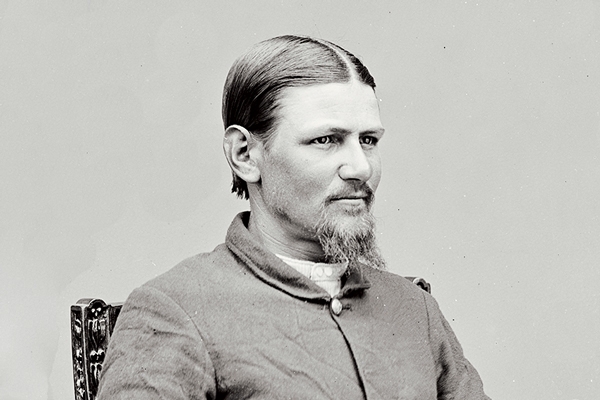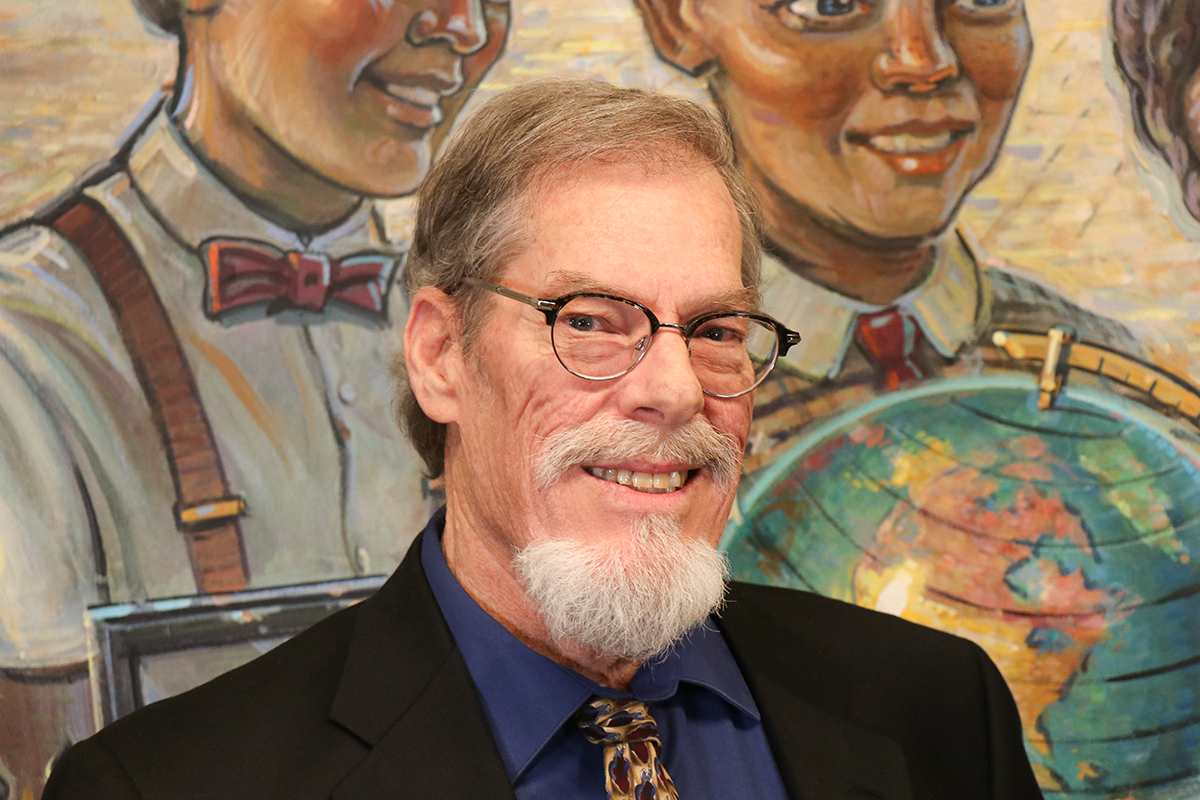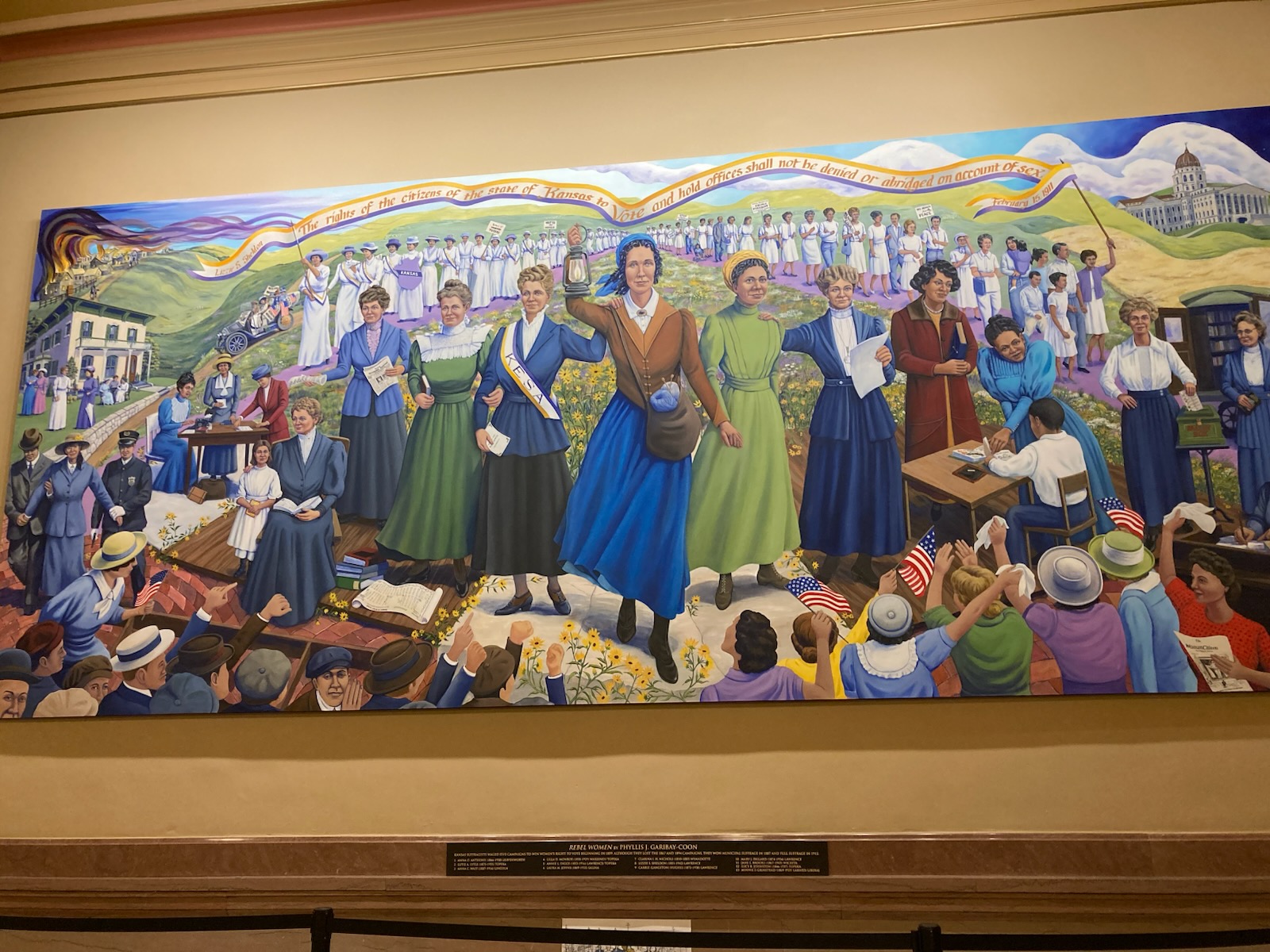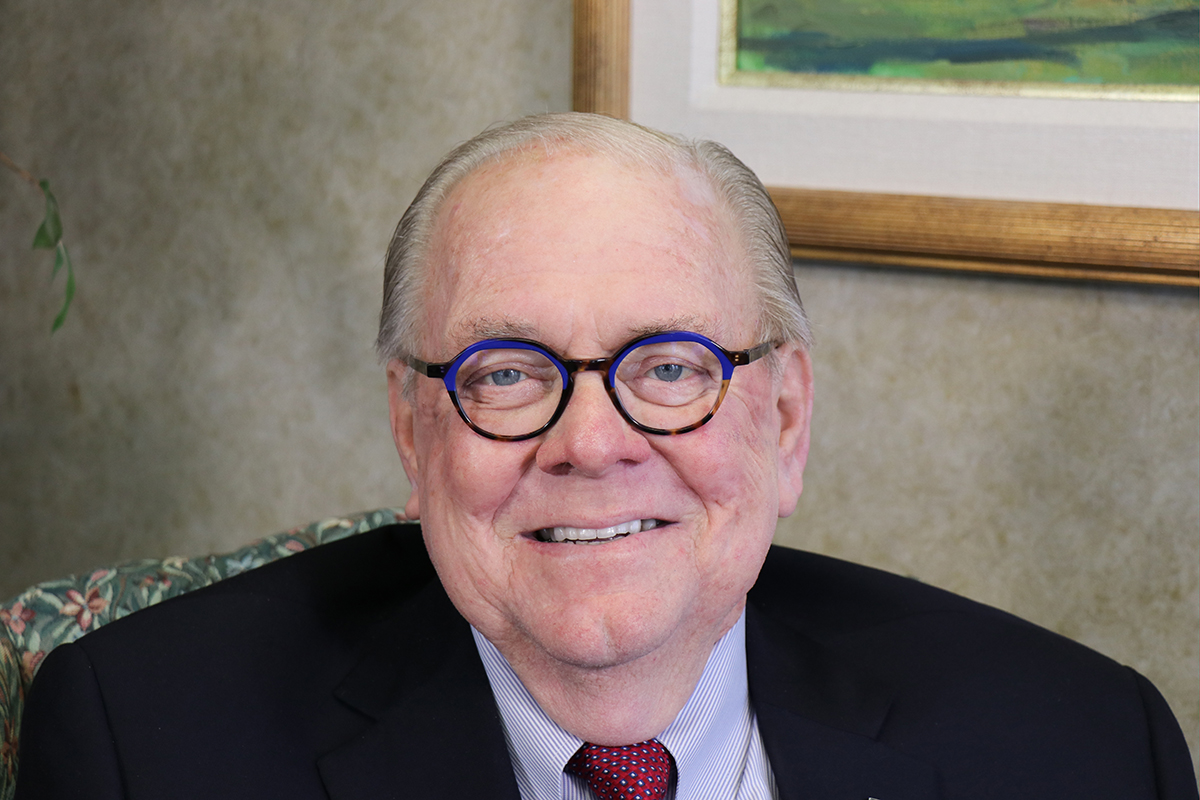History
About this Resource
History is necessary for making sense of the present. We need it for identity, as a way of understanding our personal past. Genealogists say families need history to understand how we are connected to each other, and what our ancestors experienced. Nations use history as the basis for law and government; for example, Americans’ very rights are established in the U.S. Constitution, an historical document. Though most of us understand history as a record of the written word, this approach often omits many important developments. Written history tells us what was recorded on a given day but not why, or how people of the time reacted, or what the biases the person or persons doing the recording may have had. Oral history allows us to fill in the gaps by focusing attention on people’s memories and lived experiences. History, then, is part of the larger package of social studies needed for active civic engagement.
[display_resources_for_educators category=”3259″]










